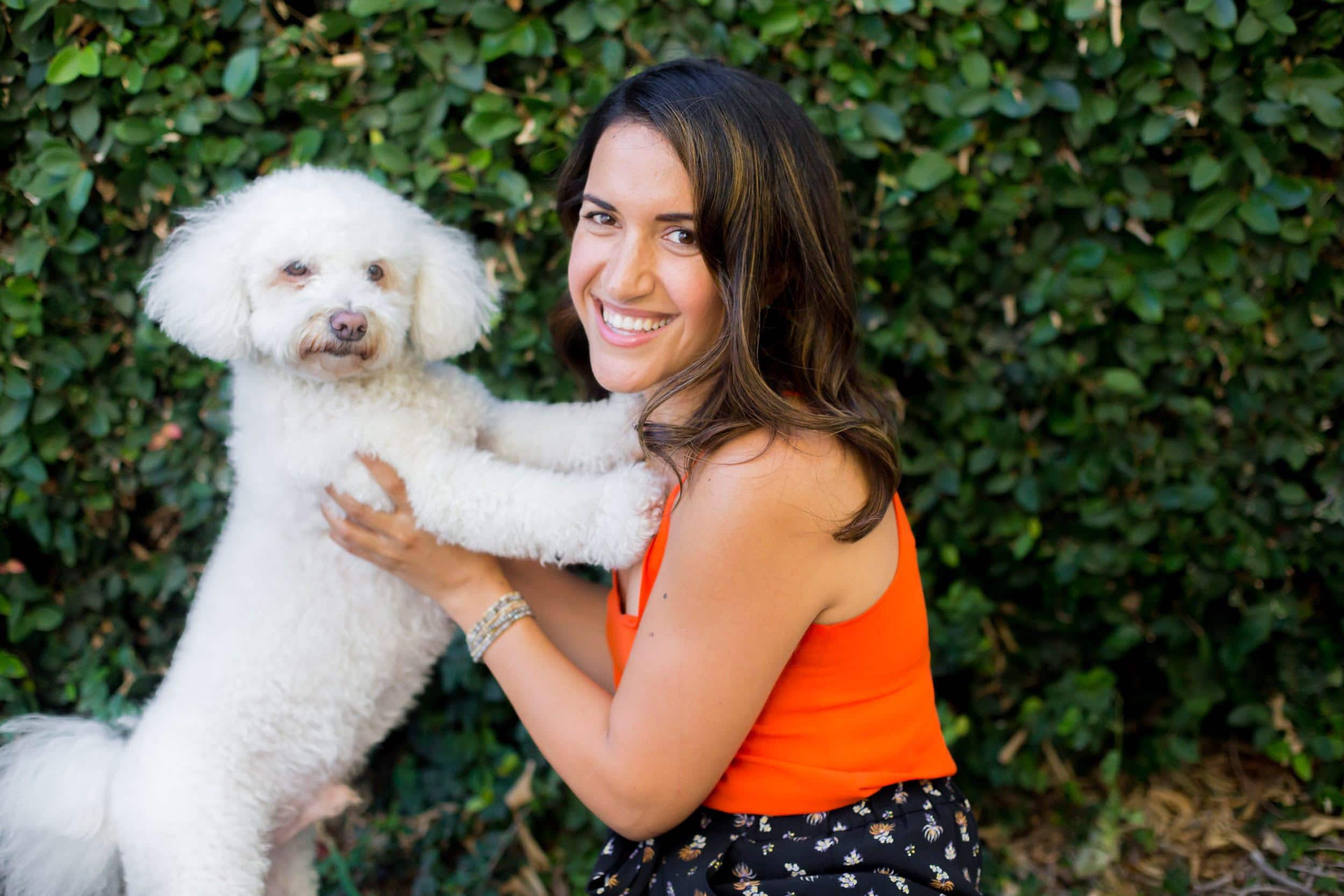First off, let me say that thumb sucking is a completely natural reflex. In fact, babies have a natural rooting and sucking reflex that sometimes even begins in the womb, around 29 weeks gestation. According to Stanford Children’s Health “about 90% of newborns show some form of hand sucking by 2 hours after birth.”
Thumb sucking is a common habit in most infants and little ones, often serving as a sense of security. The act of thumb sucking has actually been shown to release endorphins and acts as a self-soothing action. So, when you wake up at 3 AM because you hear your little one crying, and then within moments it gets quiet and you think “am I sleep deprived and imagining things,” it may be because your little one just discovered his thumb, a way to self soothe and fall right back asleep-bet you don’t mind thumb sucking now, do you?!
Because thumb sucking can make a baby feel secure, some little ones may develop a habit of thumb sucking when they are going to sleep or feel the need for soothing, however, we do want this to become habit for too long. Most children stop sucking their thumbs on their own, often between 2 to 4 years of age, and some even sooner, between 6-7 months. Thumb sucking isn’t usually a concern until your little one’s permanent teeth start coming in. During this time, thumb sucking can have an adverse impact on the development/shape of the palate and alignment of teeth, which may lead to difficulty with speech sound production and overall speech clarity.
So, what do you do if your child is getting older and still sucking their thumb? Some tips can include:
- Raise Awareness: talk to your child about thumb sucking and get him involved in becoming more aware about what he are doing and why he might be doing it, then brainstorm some alternative ways to self soothe.
- Identify Triggers: some children will present with thumb sucking in times of stress, so instead of saying “don’t do that” or “no thumb sucking”, identify the reason behind the behavior and provide comfort in a different way.
- Use Positive Reinforcement: use positive praise and recognition for when your little one isn’t sucking his thumb. Don’t scold or criticize, but rather praise the moments when he isn’t sucking his thumb or when he comes up with a different way to self soothe, like hugging a stuffed animal or getting a hug from mom or dad.
Keep in mind, your little one started sucking his thumb as a way to self soothe, and then this may have become habitual over time, so be gentle and patient with how you address and redirect your little one, and most importantly, stay connected.

Sholeh Shahinfar, MA, CCC-SLP, RYT
Sholeh Shahinfar is the founder of Valued Voices, and a licensed Speech Language Pathologist, Child Communication Specialist and Certified Oral Motor Therapist. She is passionate about uplifting children’s voices in the world and inspiring self-expression. In her free time, she loves going to the ocean, exploring nature with her pup Kobe, and spending time with her family and friends!

